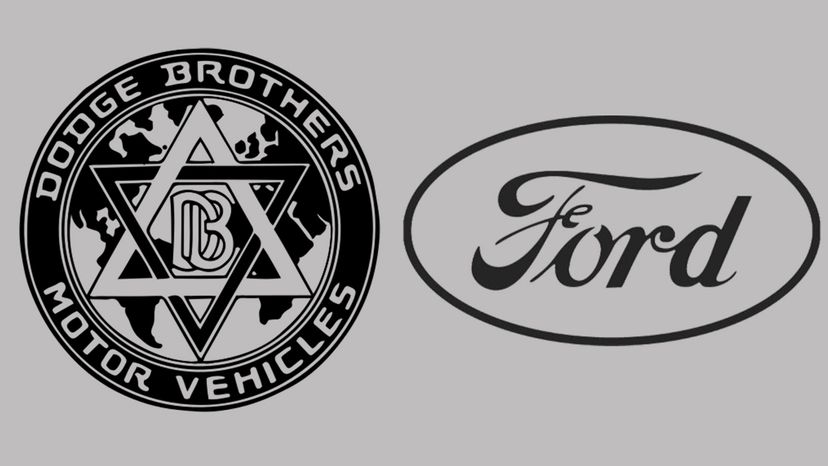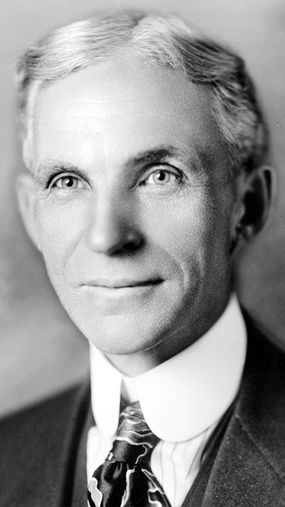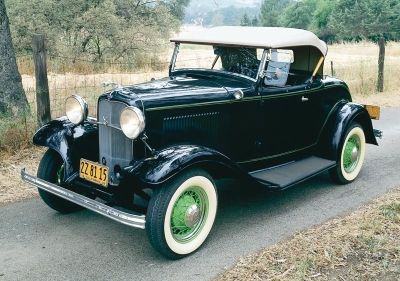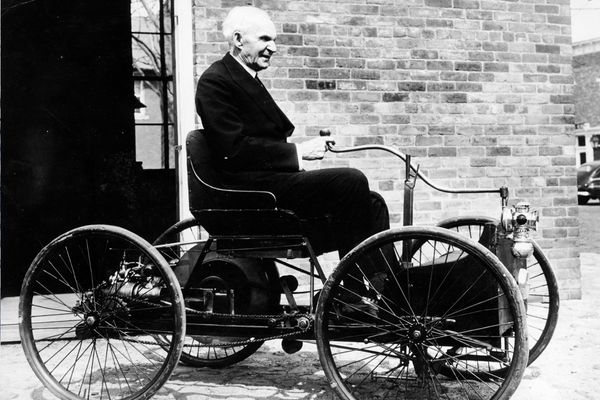
When it comes to great American feuds, there's Hamilton and Burr, Hatfield and McCoy, and, of course, Cardi and Nicki.
Sure, some of the most famous disputes in history have been settled in all kinds of ways — with pistols, murders and, yes, even rap battles. But the truly American way of handling big beefs is to hand them over to lawyers and drag them into the courts.
Advertisement
The legal tussle that took place between Henry Ford and brothers John and Horace Dodge helped shape the auto industry as we know it. The feud also laid the groundwork for how judges, even today, look at the relationships of businesses with their shareholders, employees and competitors.
"The number one reason that case is cited is for Ford supposedly wanting to do right by his workers," says Marc Hodak, an adjunct professor in New York University's business school. "The idea that he was actually trying to squeeze out the Dodge brothers is something that's often lost."

There is no Henry Ford without John and Horace Dodge. And there is no Dodge v. Ford Motor Co. if a once formidable partnership hadn't devolved into infighting for a leg up on the burgeoning American automobile market.
Advertisement


